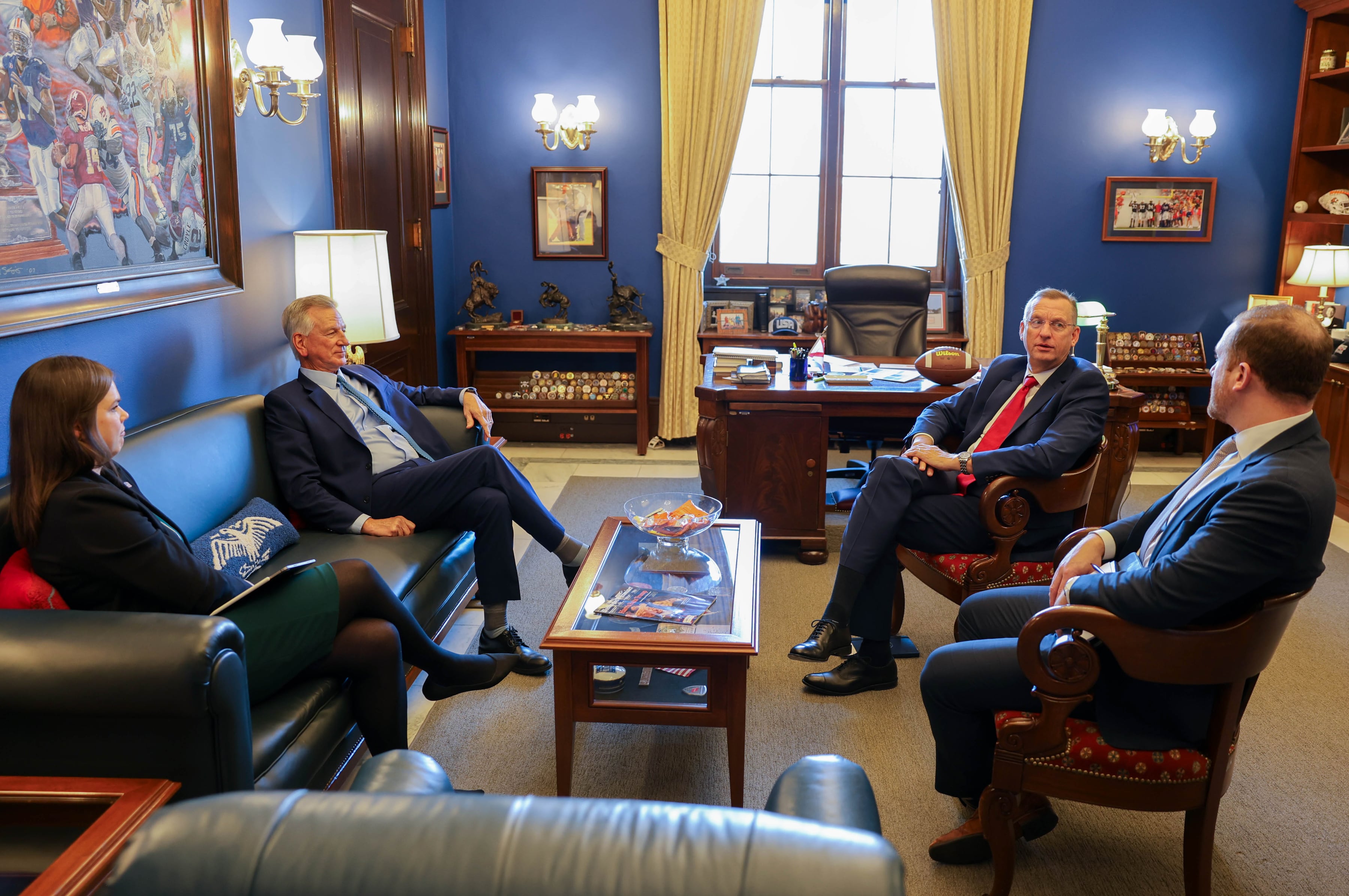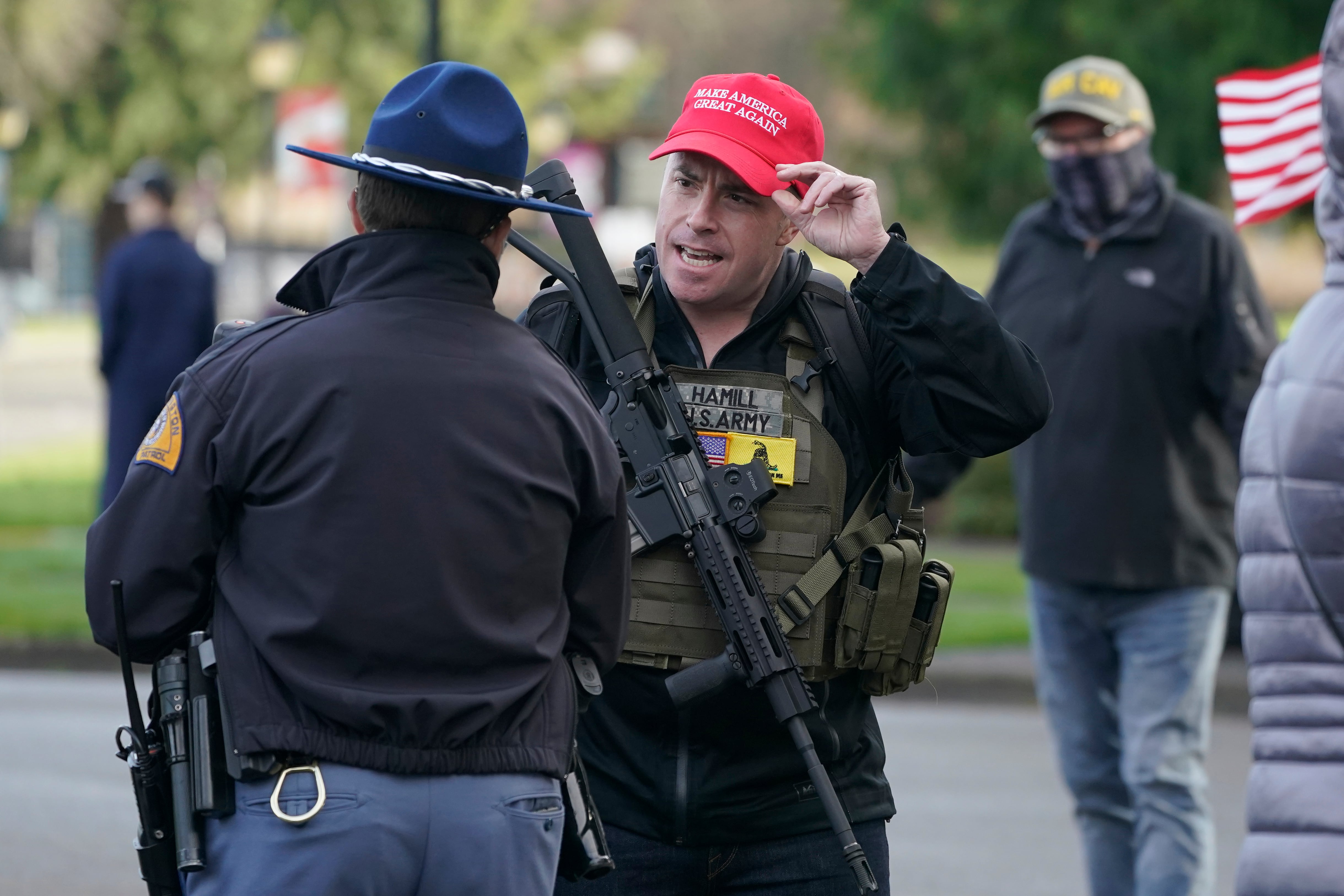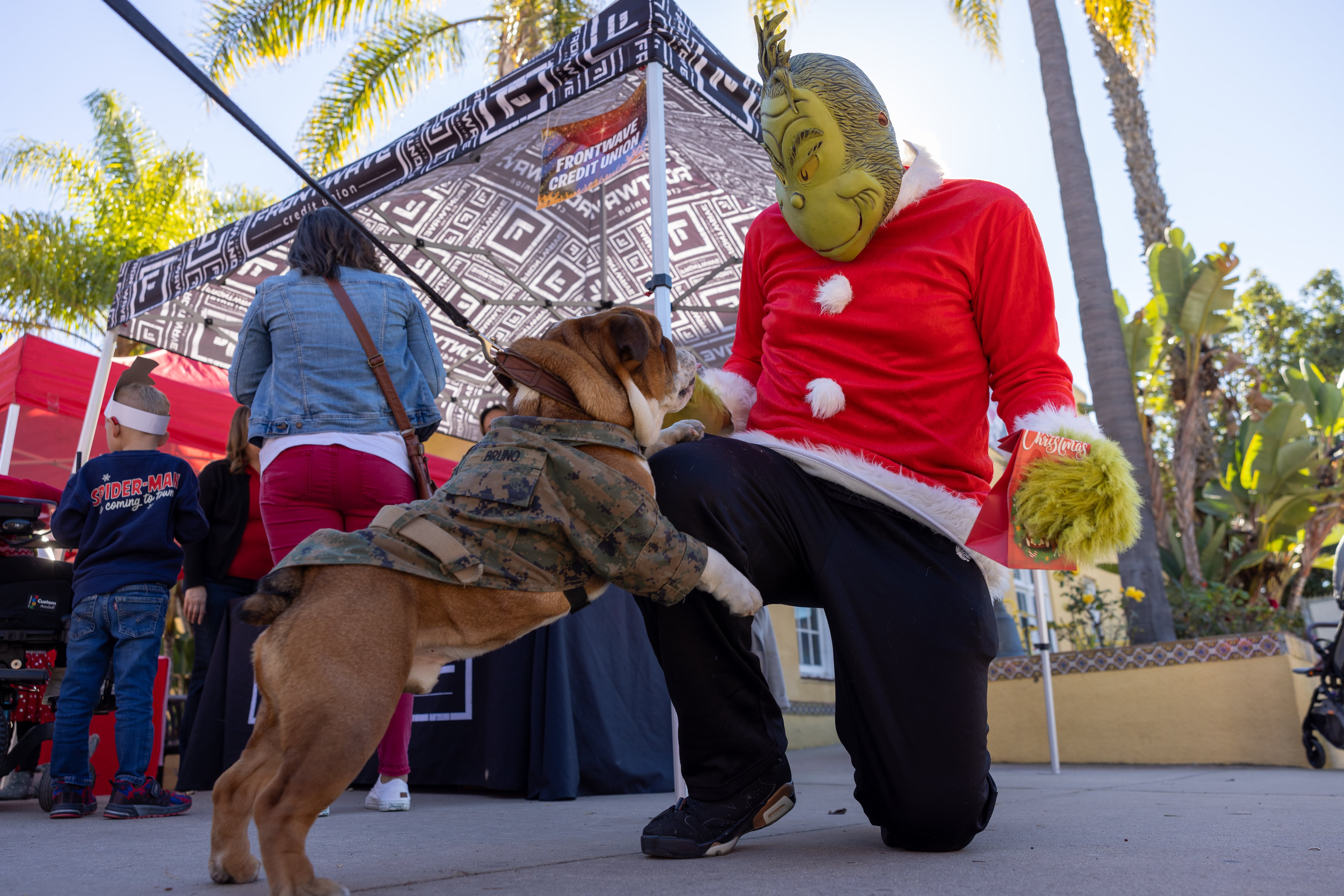WASHINGTON — President Donald Trump is prioritizing strategic interests over human rights by inviting a pair of internationally criticized leaders from Southeast Asia, where the U.S. is vying with China for influence. The White House said rights concerns in the Philippines and Thailand may be aired in private.
Philippine President Rodrigo Duterte has championed a deadly war on illegal drugs, stirring a litany of controversies. He has condoned rape, likened himself to Adolf Hitler and faced accusations of personally killing drug suspects as a crime-fighting city mayor. Although less polarizing internationally, Thai Prime Minister Prayuth Chan-ocha took control in a 2014 coup, consolidated military power and repeatedly postponed elections.
But both nations are long-standing allies that grew estranged from Washington because of democratic backsliding in those countries. And Trump's weekend invitations to Duterte and Prayuth to visit the White House may be less about a preference for strongmen, and more about America's standing in a strategically important part of the world.
Trump's early decision to withdraw the U.S. from a pan-Pacific trade pact dismayed Southeast Asia, a major destination for U.S. overseas investment. And the lion's share of Trump's Asia attention has been North Korea's nuclear weapons development.
On Monday, White House spokesman Sean Spicer defended the outreach to Duterte, saying the Philippines can help economically and diplomatically to isolate North Korea. It would be wrong to assume Trump isn't raising human rights "because we don't put out statements chastising leaders at every call," Spicer said.
Southeast Asia isn't the only place where Trump is embracing heads of government with poor democratic records. He has congratulated Turkey's president for sweeping up more power, hailed Egypt's strongman as a "fantastic guy" and repeatedly spoken of a burgeoning friendship with China's communist leader. He has even expressed a grudging respect for North Korea's Kim Jong Un, and in an interview with Bloomberg News Monday said he'd be "honored" to meet with the young dictator under the right circumstances.
In Southeast Asia, the Trump administration's considerations have been broadening. Vice President Mike Pence visited Indonesia in April and said Trump would travel to the region later in the year. Secretary of State Rex Tillerson is hosting the 10-nation Southeast Asian bloc's foreign ministers this week. In another phone call last weekend, Trump invited Singaporean Prime Minister Lee Hsien Loong to visit Washington.
Governments in the region are more concerned about China than North Korea, which has allowed the U.S. to make strategic inroads.
Under President Barack Obama, the U.S. improved ties with former adversaries Myanmar, Vietnam and Laos, and challenged Beijing's island-building in the disputed South China Sea. Obama sent warships to operate out of Singapore and paved the way for U.S. forces to use Philippine military bases.
But his effort was stymied by human rights concerns, particularly in Thailand and the Philippines. Both have embraced China. Duterte, in particular, has patched up tensions over territorial disputes and sought closer economic ties, without following through on threats to end the U.S. military alliance.
"This is certainly an attempt by the Trump administration to re-elevate these relationships," Amy Searight at the Center for Strategic and International Studies said. "The U.S. needs to maintain a coalition of countries that continues to support a rules-based order and pushes back against bullying by China."
Allegiances are shifting. This weekend, three Chinese naval ships made a rare stop in the Philippines, docking at Duterte's home city of Davao. At a regional summit, Duterte's government voiced no criticism of Beijing's sweeping South China Sea claims that compete with those of the Philippines. Thailand, a traditional U.S. military hub, last week announced plans to buy a Chinese submarine.
Bitterness from the Obama era persists. Obama alienated Thailand by stopping Cabinet-level visits and restricting military aid after the coup. He angered Duterte by criticizing the war-on-drugs killings that Amnesty International says has left up to 9,000 people dead since June. Duterte referred to Obama as a "son of a whore," derailing a planned meeting.
Trump, who plans to visit Manila this fall for a regional summit, has set a new tone. A White House readout of Saturday's Duterte call credited his government for "fighting very hard to rid its country of drugs."
But making nice may not prove any more effective than public criticism. On Monday, Duterte suggested he may be too "tied up" to visit Washington.
"I cannot make any definite promise," Duterte told reporters, citing scheduled trips to Russia, Israel and elsewhere.
Sen. Ben Cardin, the Senate Foreign Relations Committee's top Democrat, called Duterte's crackdown "barbaric" and urged Trump to rescind the invitation. Republican Sen. Marco Rubio tweeted that the Philippines' growing death toll is "alarming and can't be ignored."
Human Rights Watch also criticized the Prayuth invitation.
Trump "essentially gave the Thai junta a green light to continue on its abusive path: harassing and abusing activists into silence, cracking down on independent media, banning public protests and political meetings, and allowing increased use of torture," said Brad Adams, who heads the group's Asia division.
Associated Press writer David Thurber in Bangkok, Thailand, contributed to this report.





